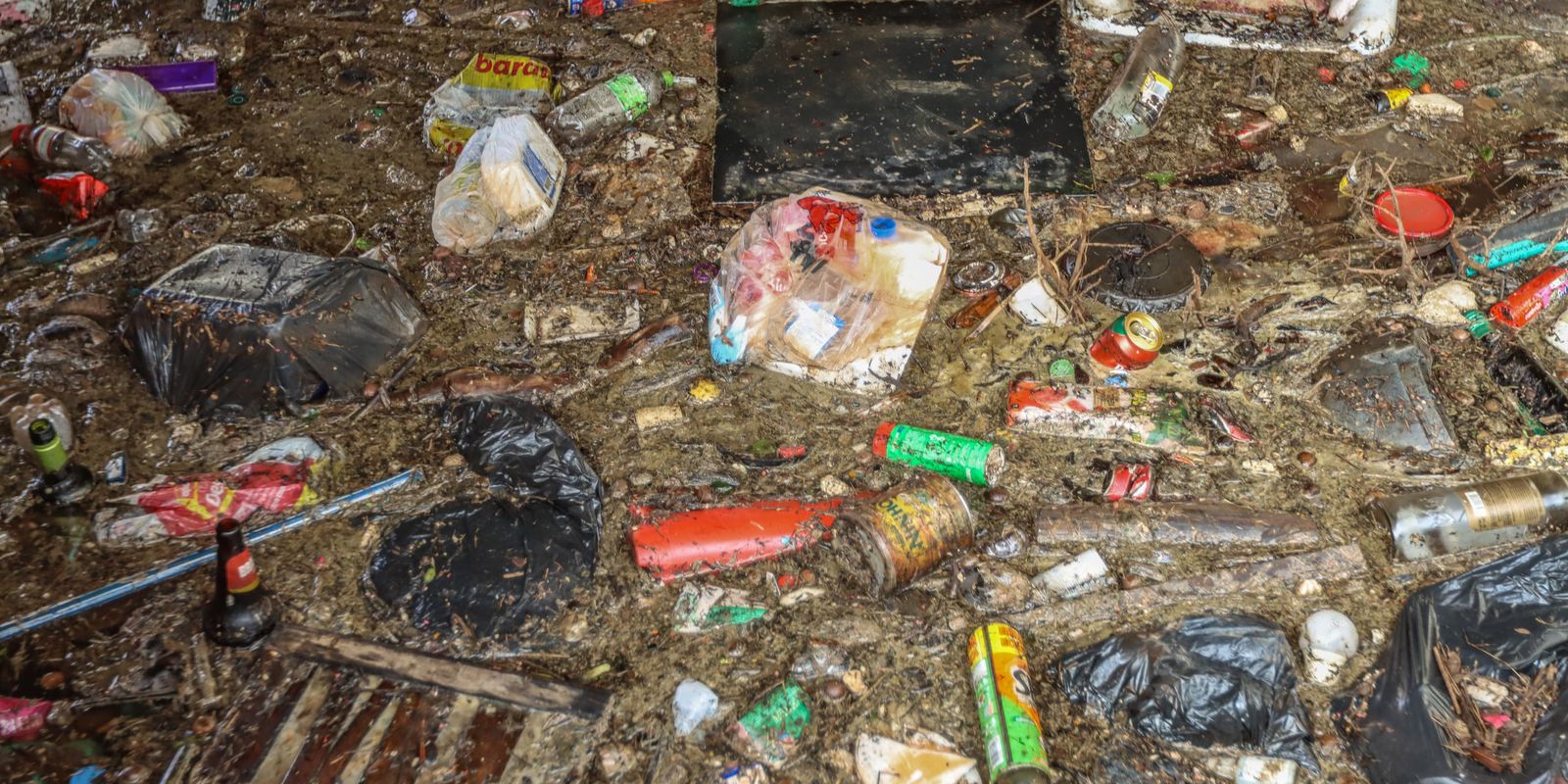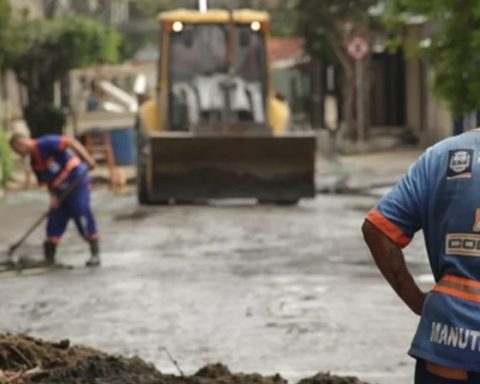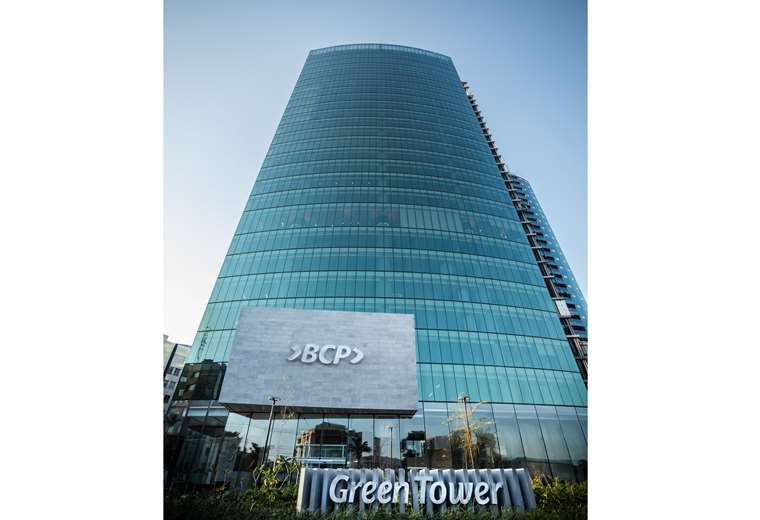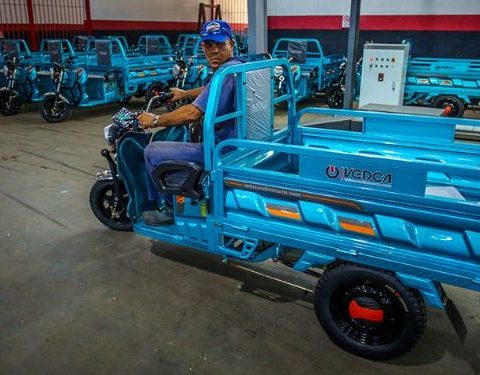Brazilian researchers have developed bioplastics that degrade quickly when composted or even in the environment. The material is innovative because it uses small encapsulated particles of bioactive substances from functional foods, such as carrots and chia. Unlike synthetic plastics, bioplastics do not leave residues that pollute the environment, harming life in the oceans and even human health.
The research is coordinated by Maria Inês Bruno Tavares, a professor at the Institute of Macromolecules at the Federal University of Rio de Janeiro (UFRJ), and two recent articles were published in the international scientific journal Journal of Applied Polymer Science, including a feature on the May cover.
Plastic pollution is one of the biggest challenges of our time, according to the United Nations (UN). Worldwide, one million plastic bottles are purchased every minute and around five trillion plastic bags are used every year. Half of all plastic produced is designed for single-use purposes, used only once and then discarded. [LINK: https://www.unep.org/interactives/beat-plastic-pollution/]
Plastic is made up of polymers, which are large molecules. Tavares explains that in order to be broken down in the environment, these molecules are fragmented into smaller particles, until they become what is known as microplastic. Microplastics are found in the air and water, and are absorbed by plants, ingested by animals and humans, and can cause allergies and harm to health.
“All polymeric materials, whether biodegradable or synthetic, generate microplastics when they degrade. The difference between the packaging we are making and traditional packaging is that ours will generate some microplastics and it will all be consumed by microorganisms. Synthetic packaging does not. They will generate microplastics and the microplastics will remain,” explains the researcher.
According to the professor, under ideal composting conditions, the bioplastics developed lose 90% of their mass in 180 days and, even when discarded in the environment, degrade quickly. Because they use functional foods in their composition, the bioplastic developed degrades faster in the environment than even current compostable plastics.
Compost bins use microorganisms to recycle organic materials. Ideally, these bioplastics should be disposed of in compost bins, which offer ideal degradation conditions.
Fate of plastics
According to Tavares, the bioplastic developed aims to help increase the use of biodegradable plastic, thus minimizing the use of synthetic polymers. Unlike synthetic polymers, bioplastic cannot be recycled. However, it meets the demand for a large part of the plastic used, which ends up being used only once.
“Synthetic polymers will not disappear,” says the professor. Some materials cannot be replaced, such as airplane or car parts or even safety equipment, such as helmets. They will still use synthetic polymers, but it is possible to change much of what we consume on a daily basis. “Packaging can be made, for the most part, from biodegradable polymers,” she emphasizes.
In order for humanity to better manage the amount of waste it produces and reduce microplastics in the environment, it is necessary that “everything that can be biodegradable, be biodegradable. What is not possible, then, must be disposed of correctly, or reused, recycled. This is very important. And in the case of medicines and all hospitals, incineration should be done as it should be. To avoid other types of contamination”, he advises.
According to her, this is a global demand and Brazil can take the lead: “Brazil can take the lead. I am sure that it can take the lead because of its size and capabilities.”
The research is supported by the Rio de Janeiro State Research Support Foundation (Faperj) and is currently in the patenting process. The team is also looking for companies interested in producing the bioplastics.















